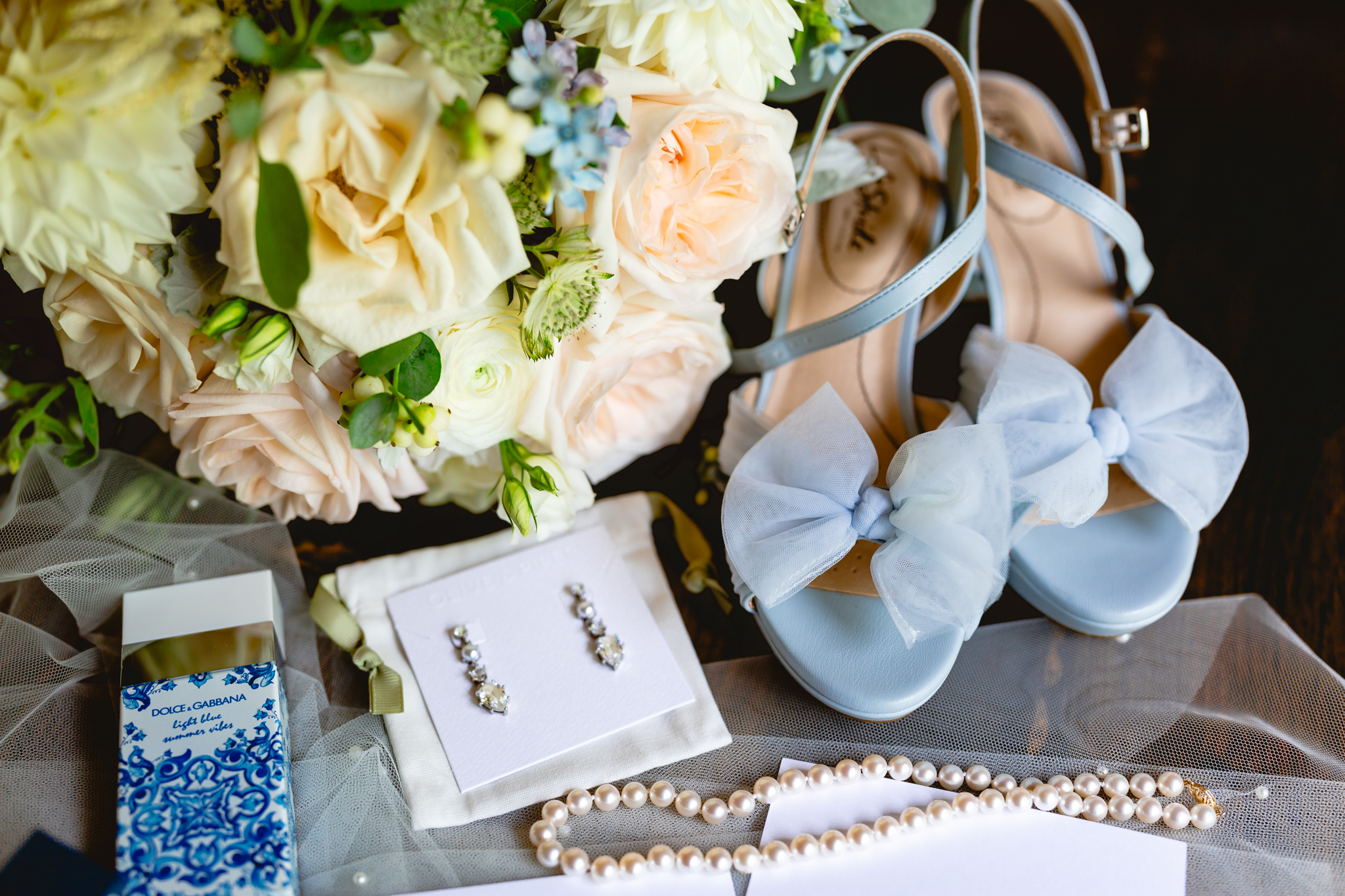
Congratulations on your engagement! This is an exciting time filled with love, dreams, and the promise of a beautiful future together. However, before you dive headfirst into planning your dream wedding, there's one essential (and rather unpleasant) task that requires your attention: setting a realistic wedding budget.
- Understanding Your Financial Landscape
Before you start making any decisions about your wedding, it's essential to understand your current financial situation. Take a close look at your income, savings, and any debts you may have. Knowing where you stand financially will help you determine what you can realistically afford to spend on your wedding. It's also a great time to consider your partner's financial situation and discuss any shared financial goals.
- Creating a Realistic Wedding Budget
Setting a budget for your wedding is a crucial step that will guide your planning process. Here's a simple three-step approach to crafting a realistic budget:
a. List Your Priorities: Begin by discussing your wedding priorities with your partner. What elements are most important to you both? Is it the venue, the guest list, the photography, or something else entirely? Make a list of your must-haves and nice-to-haves.
b. Research Costs: Research the average costs of wedding services in your area. This includes venues, catering, photography, and other essentials. Consider factors like the time of year, location, and the number of guests, as these can significantly impact costs. If either of you are tech-savvy, now is the time to whip out your spreadsheet skills!
c. Set a Realistic Budget: Based on your priorities and the research you've done, set a budget that you both feel comfortable with. Remember that it's essential to be realistic. Overspending on your wedding can lead to financial stress, which is not a great way to start married life. While average wedding budgets and overall spends vary from state-to-state, here in Maine at our own barn wedding venue, where the average guest count is 150 and the couple selects all their own vendors (including catering and bar), the average budget for a wedding in Maine at venues similar to ours falls between $25,000 - $40,000.
- Family Contributions: How to Approach the Subject
Many couples wonder if their families will contribute financially to their wedding. While some parents may offer assistance, it's crucial not to rely on this as your primary source of funding, especially if your parents have recently assisted you with college or trade school costs. Here's how to approach the subject tactfully:
a. Initiate a Conversation: Start by having an open and honest conversation with your families. Express your gratitude for their support and discuss your plans for the wedding. Ask if they are willing and able to contribute financially, but make it clear that they are under no obligation and you are also prepared to fund the wedding yourselves. Let them know that their contribution (of any amount) would be greatly appreciated, and it would also help dictate the number of guests you're able to invite, so knowing an amount now would help you choose your venue and vendors.
b. Respect Their Decision: It's essential to respect your family's financial situation and their willingness to contribute. If they can't contribute as much as you hoped, don't let it strain your relationship. Remember that it's your wedding, and you have the final say in how you choose to celebrate it. If you simply aren't able to afford a catering and bar bill for 150 guests, scale it back! If your family isn't able to contribute financially, ask them to help by figuring out how to cut the guest list or by taking on some DIY decor projects.
- Balancing Wedding Expenses with Future Goals
As you set your wedding budget, consider your future financial goals. Are you planning on pursuing graduate education, buying your first home, or other major life milestones in the next 2-3 years? It's crucial to strike a balance between celebrating your wedding day and setting yourselves up for financial success in the long term. Be mindful of the financial commitments you'll have beyond the wedding. Consider using a personal finance software (our favorites are Mint and EveryDollar) to get a better understanding of your current money situation.

Setting a realistic wedding budget is a crucial first step in planning your special day. By understanding your financial situation, prioritizing your wedding needs, and approaching the topic of family contributions with care, you'll be well on your way to creating a memorable celebration that fits comfortably within your means. Remember that your wedding is just the beginning of a beautiful journey together, and thoughtful financial planning will set you up for a lifetime of happiness. Cheers to your love and your future!
Share this story


